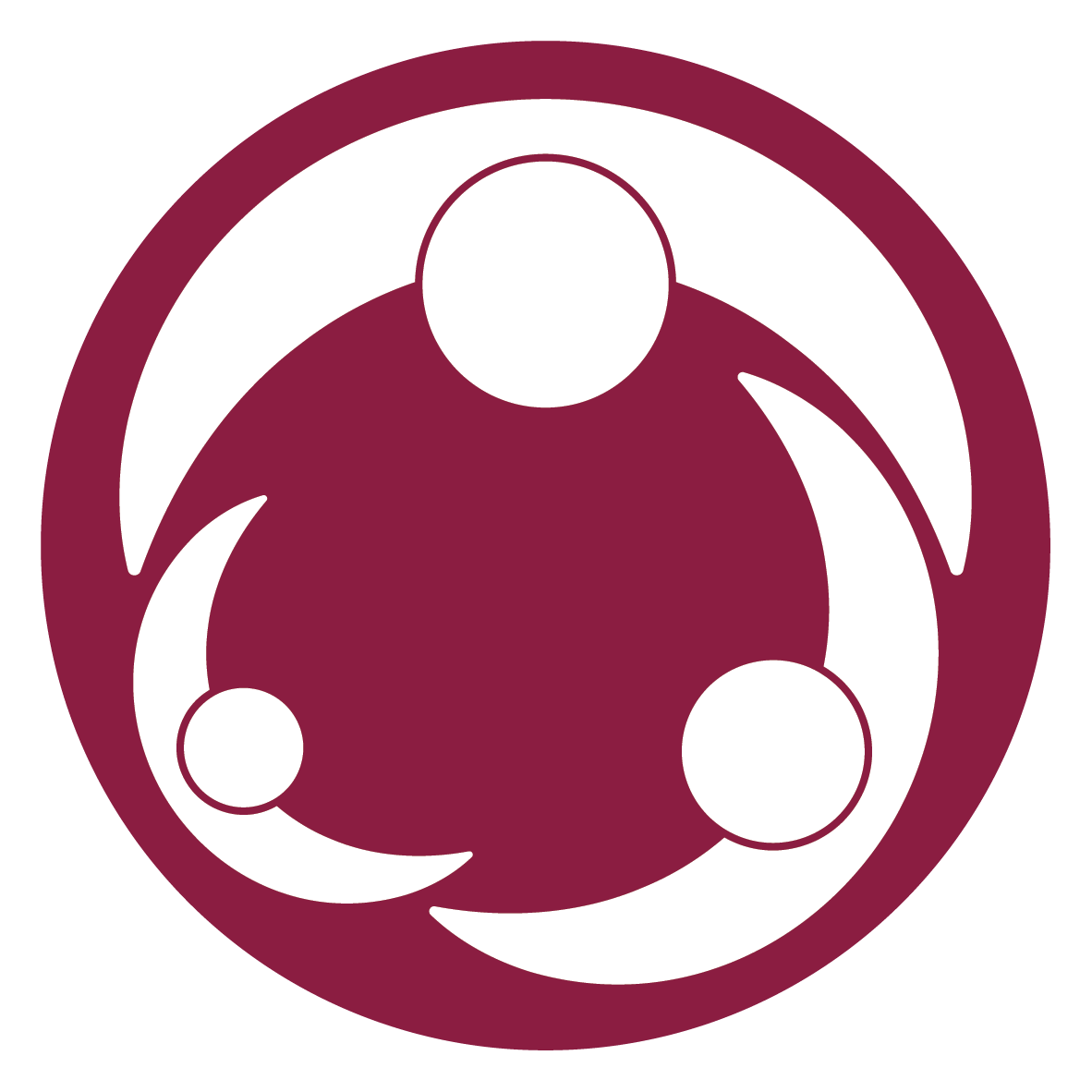By Spotlight Initiative. Originally posted on SpotlightInitiative.org.
On 14 April, Joyce Johnson, 23, gave birth to a healthy baby girl at Redemption Hospital in Monrovia.
She was lucky – the hospital is the only public facility in the area and has just 200 beds to serve a community of 400,000 people. Limited services and a largely rural population mean that it can be difficult for many women in Liberia to reach a hospital or community clinic. Only 61 per cent of births are attended by a healthcare professional and the nation has one of the highest maternal mortality rates in the world, with nearly 1 in every 138 live births resulting in a mother dying from preventable causes such as hemorrhage or sepsis.
“I hesitated in coming to the hospital to deliver my baby because of the fear of being turned away.” – Joyce Johnson, 23
Now, there’s yet another barrier that may prevent women from accessing sexual or reproductive care: the COVID-19 pandemic.
“I hesitated in coming to the hospital to deliver my baby because of the fear of being turned away or not having people to care for me because of the Coronavirus,” says Ms. Johnson. “I did not imagine the level of care that I received from the midwives who assisted me during the delivery process,” she says. “I’m glad that Redemption Hospital had the drugs and supplies it needed to help me.”
To ensure Liberian healthcare workers can continue delivering life-saving care throughout the COVID-19 crisis, Spotlight Initiative has provided 97 reproductive health kits to Liberia’s Ministry of Health for use in community health centres and hospitals. These kits contain essential drugs, supplies and equipment designed to meet the different healthcare needs of women and girls – some will help in the treatment of maternal and newborn complications, while others will be used to help survivors of rape or domestic violence.
The kits will assist an estimated 1,800 women with pregnancy-related complications, 600 women suffering from miscarriage or abortion complications, 1,250 rape survivors and provide 150 blood transfusions. The kits will also help an estimated 900 women who require care due to tears during childbirth, or as a result of rape or domestic violence.
“We need to ensure that other health services continue unabated, to prevent losing pregnant women and girls as well as newborns during childbirth,” said Dr. Bannet Ndyanabangi, the Country representative of the United Nations Population Fund (UNFPA).
Lead image: A newborn twin lies in the maternity ward at the Spotlight-supported Redemption Public Hospital in Monrovia. Pirozzi/UNICEF.
